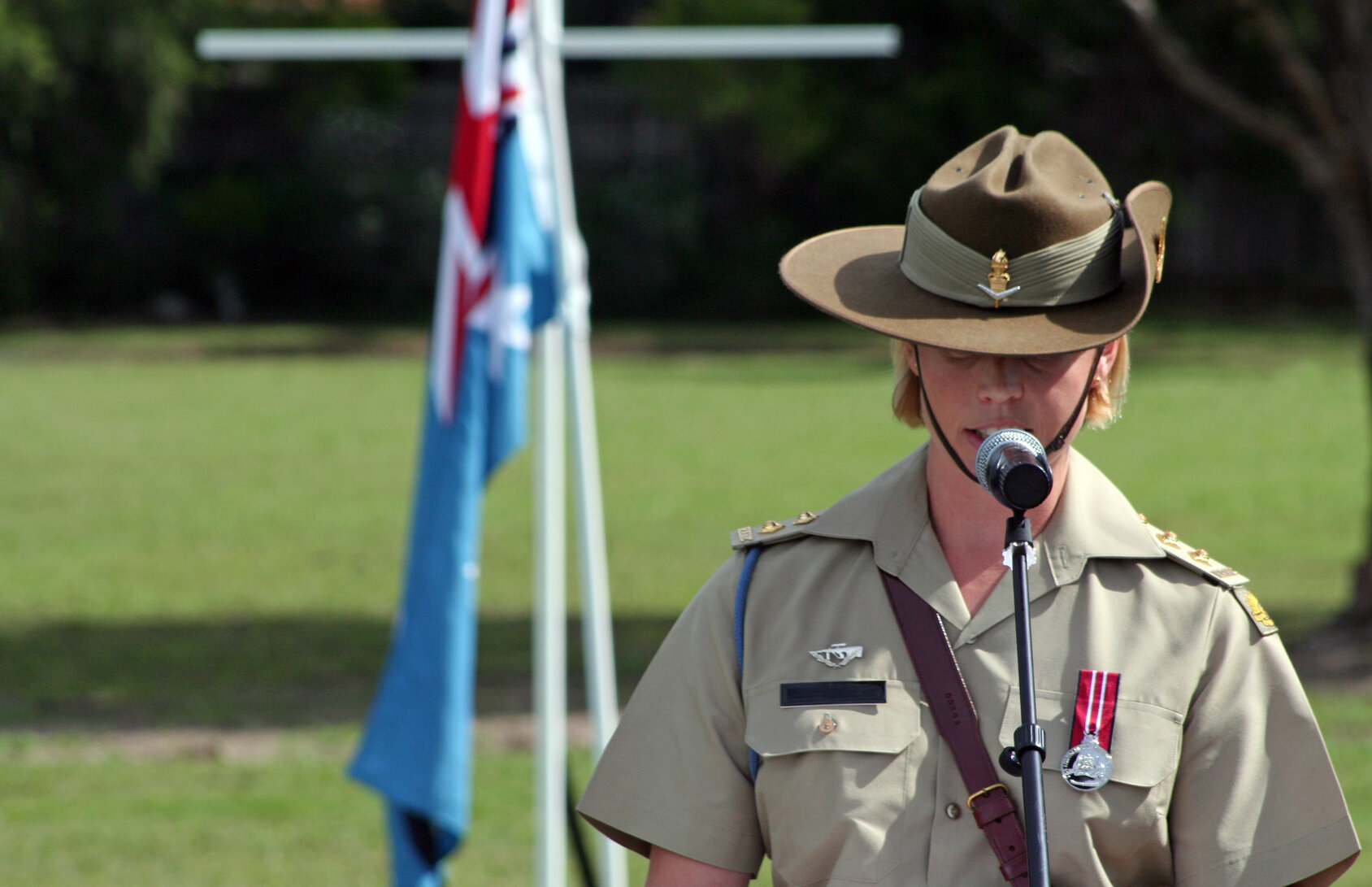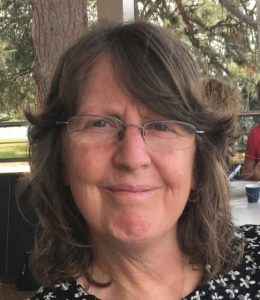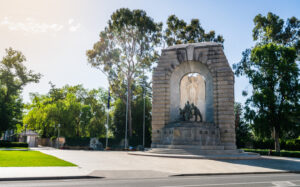
The annual ANZAC Day commemorations are another opportunity to acknowledge that “women serve too,” says Professor Sharon Lawn, lead author of a new journal article.
The Flinders University study found women who serve in the Australian Defence Force face disadvantages both in military service and afterwards.
The study conducted in-depth interviews with 22 Australian women veterans to cast light on the “largely invisible” experience of female experiences after transitioning from the highly masculinised culture of military service.

Professor Lawn, co-director of the Flinders University Open Door initiative for service personnel and their families, says women account for about 20% of ADF personnel but the general public “still have a dominant image of veterans as men’.
“While this group of women veterans are linked by a strong commitment to service and the positive attributes of military training and culture, they also face long-term challenges in their lives after military experience.
“For some women, gendered military experiences have a long-term impact on their mental and physical health, relationships and identity, which can be highlighted in many ways including lack of recognition in civilian life, access to services and transitioning from system failures in their service experience.”
Professor Lawn, a former SA Mental Health Commissioner, says many long-standing stereotypes “still clearly need to be addressed”.
“One of the women in our study noted that when she marched at an ANZAC Day event, someone asked ‘Are they your dad’s medals?’
“This may follow a male-dominated military experience where their presence is highly visible and challenges may include being subject to institutional prejudice.”
The study, conducted by experts with affiliations in military support groups and mental health and wellbeing, include Flinders University co-author Professor Ben Wadham, Open Door director and a veteran himself.
Professor Wadham, who has been campaigning for reform in military practices and culture, says reforms to address gender issues still have a long way to address bias, prejudices and access to health and other services.

“After some efforts to make necessary changes, this study further reflects the need for more meaningful cultural change to address gender issues – including a top-down approach from the current leadership in the military,” says Professor Wadham, the chief investigator of an Australian Research Council grant entitled ‘Institutional Abuse and Organisational Reform within the ADF (1969-).‘
“While institutions do not build equal alliances with women and men, gender-based barriers to services and support continue.
“Overall, this study adds depth and understanding to the small but growing body of research pertaining to transition experiences for women veterans.”
Few studies have investigated the experiences of Australian women veterans, researchers say.
“We know little about how and why some women veterans successfully navigate transition to civilian life while other struggle,” researchers say – although studies do show rates of suicide are higher for women veterans and few programs for transitioning veterans have been found effective for the specific needs of women veterans.
Professor Lawn is also executive director of Lived Experience Australia, a peak advocacy group for mental health consumers. Professor Wadham is director of Open Door, a research hub that brings veterans in touch with scholars and practitioners.

Open Door is an Australasian multi-disciplinary research hub that conducts research in partnership with veterans, service personnel and the wider sector including those with lived experience.
A key focus of Open Door is to reframe the narrative that service personnel across the Australian Defence Force and first responder agencies are not defined by mental and physical health challenge. The research also extends to the health and wellbeing of police, fire officers and paramedics.
Researchers from Military and Services Health Australia, Veterans SA, the Australian Institute of Family Studies, Defence Force Welfare Association SA, Cambrian Executive, Veteran Project Reference Group and the University of Tasmania, University of Calgary and Southern Adelaide Local Health Network were involved in the latest study.
‘No Women’s Land: Australian Women Veterans’ Experiences of the Culture of Military Service and Transition’ (2024) by Sharon Lawn, Elaine Waddell, Louise Roberts, Pilar Rioseco, Tiffany Beks, Tiffany Sharp, Liz McNeill, David Everitt, Lee Bowes, Dylan Mordaun, Amanda Tarrant, Miranda Van Hooff, Jonathan Lane and Ben Wadham has been published in the International Journal of Environmental Research and Public Health DOI: 10.3390/ijerph21040479.
Acknowledgements: The study was funded by a Hospital Research Foundation grant to investigate female veteran wellbeing and military-civil transition.

